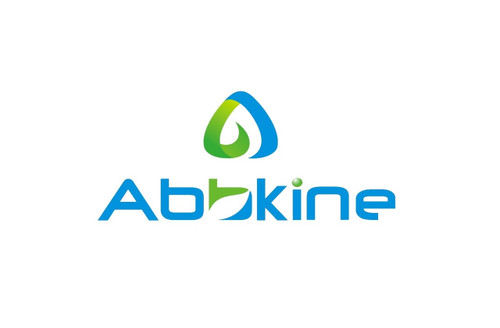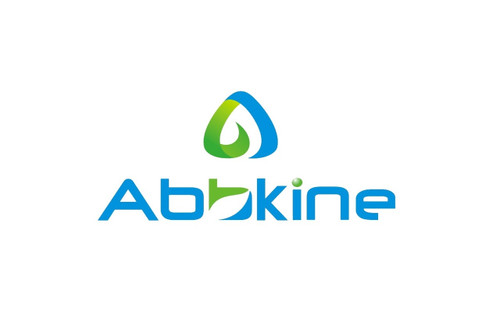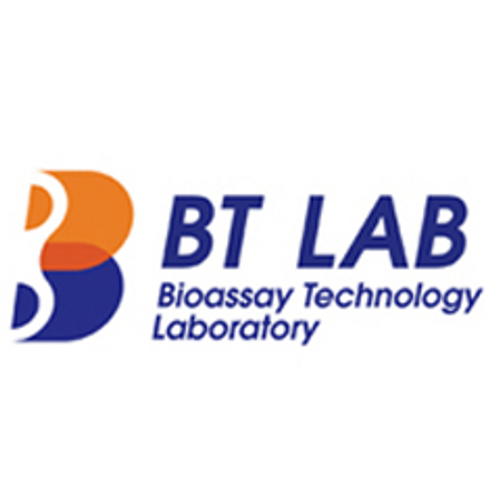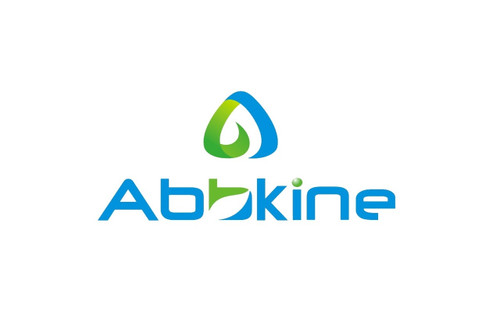Product Description
Mouse Dual specificity protein kinase CLK1 (CLK1) ELISA Kit | AE59074MO | Abebio
Species Reactivity: Mouse (Mus musculus)
Abbreviation: CLK1
Alternative Name: CLK; CLK/STY; STY; CDC28/CDC2-like kinase|dual specificity protein kinase CLK1|protein tyrosine kinase STY
Application: ELISA
Range: 0.156-10 ng/mL
Sensitivity: 0.059 ng/mL
Intra-Assay: ≤6.2%
Inter-Assay: ≤8.3%
Recovery: 0, 9
Sample Type: Serum, Plasma, Other biological fluids
Detection Method: Sandwich
Analysis Method : Quantitive
Test Principale: This assay employs a two-site sandwich ELISA to quantitate CLK1 in samples. An antibody specific for CLK1 has been pre-coated onto a microplate. Standards and samples are pipetted into the wells and anyCLK1 present is bound by the immobilized antibody. After removing any unbound substances, a biotin-conjugated antibody specific for CLK1 is added to the wells. After washing, Streptavidin conjugated Horseradish Peroxidase (HRP) is added to the wells. Following a wash to remove any unbound avidin-enzyme reagent, a substrate solution is added to the wells and color develops in proportion to the amount of CLK1 bound in the initial step. The color development is stopped and the intensity of the color is measured.
Product Overview: DCAMKL1 is a microtubule-associated kinase that can undergo autophosphorylation. DCAMKL1 also has microtubule-polymerizing activity that is independent of its protein kinase activity. The KIAA0369 cDNA encodes a 740-amino acid peptide that shares 72.3% amino acid identity with doublecortin. The protein has a doublecortin domain, a serine/proline-rich domain, and a calmodulin-dependent kinase-like domain. The authors also identified 4 splice variants of KIAA0369. All splice variants were expressed predominantly in fetal brain, with transcript sizes ranging from 8.0 to 5.0 kb. Varying expression of all isoforms was also seen in all 15 regions of adult human brain examined, with greatest expression seen in cerebral cortex, occipital pole, frontal lobe, amygdala, and hippocampus.
Stability: The stability of ELISA kit is determined by the loss rate of activity. The loss rate of this kit is less than 5% within the expiration date under appropriate storage condition. The loss rate was determined by accelerated thermal degradation test. Keep the kit at 37°C for 4 and 7 days, and compare O.D.values of the kit kept at 37°C with that of at recommended temperature. (referring from China Biological Products Standard, which was calculated by the Arrhenius equation. For ELISA kit, 4 days storage at 37°C can be considered as 6 months at 2 - 8°C, which means 7 days at 37°C equaling 12 months at 2 - 8°C) .
 Euro
Euro
 USD
USD
 British Pound
British Pound
 NULL
NULL












